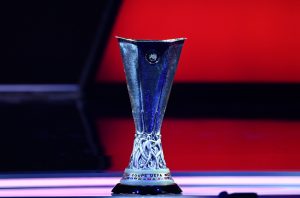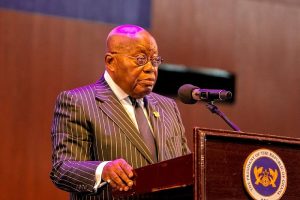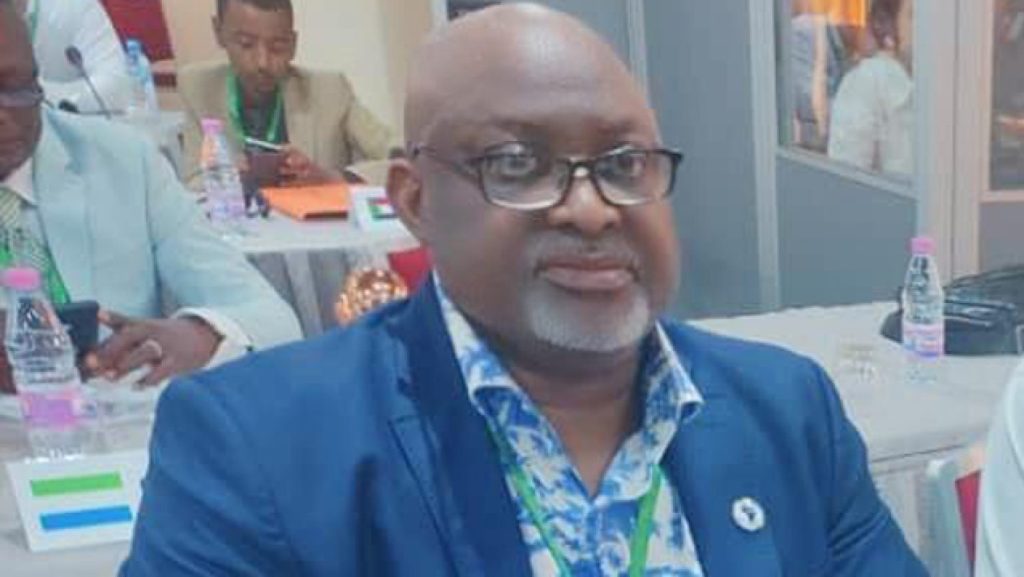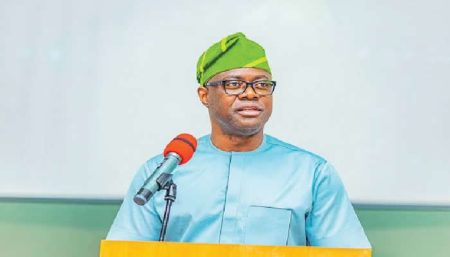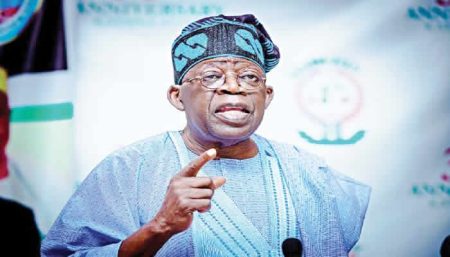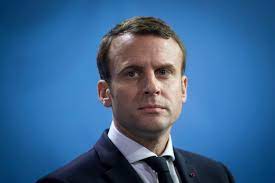The Nigeria Boxing Federation (NBF), under the leadership of its Interim President, Azania Omo-Agege, has taken a resolute stance against the introduction of transgender boxing in Nigeria. This position comes in response to the anticipated visit of World Boxing Federation (WBF) President, Boris Vandervorst, who is expected to advocate for the inclusion of transgender athletes in the sport. Omo-Agege expressed deep reservations about this initiative, emphasizing that it does not align with the best interests of Nigerian boxers and the nation as a whole. He highlighted the potential conflict between participating in transgender boxing and adhering to President Tinubu’s ban on transgender individuals in the military, a significant source of Nigerian boxing talent.
Omo-Agege’s concerns stem from Vandervorst’s alleged promotion of transgender boxing globally, particularly his reported support for Algerian transgender boxer Imane Khalif’s participation in the Paris Olympics. This stance, according to Omo-Agege, contradicts the Nigerian government’s policy on transgender individuals in the military. Given that a substantial number of Nigerian boxers are drawn from the military, allowing transgender boxing would place these athletes in a precarious position, potentially forcing them to choose between representing their country and adhering to national policy. This potential conflict, Omo-Agege argues, underscores the incompatibility of transgender boxing with the current Nigerian context.
The NBF president further criticized individuals within the Nigeria Olympic Committee who are allegedly supporting Vandervorst’s visit and the promotion of transgender boxing. He accused them of prioritizing personal interests over the welfare of Nigerian boxing and the nation’s athletes. He also questioned the continued involvement of individuals previously implicated in doping scandals within the Nigerian boxing community, highlighting a perceived lack of accountability and raising concerns about the overall governance of the sport.
Omo-Agege’s apprehension about the potential ramifications of introducing transgender boxing in Nigeria extends to the very survival of the sport. He believes that embracing this initiative could lead to the collapse of boxing in the country. This dire prediction underscores the gravity of the situation as perceived by the NBF and highlights the potential for far-reaching consequences if transgender boxing is adopted. He appealed to the Nigerian sporting authorities to conduct a thorough assessment of the issue, considering the existing government policy on transgender individuals and its potential impact on the sport.
Amidst these concerns, Omo-Agege expressed gratitude for the support provided to Nigerian boxing by International Boxing Association (IBA) President Umar Kremlev and African Boxing Confederation President Eyassu Wossen. He specifically acknowledged Kremlev’s recent donation of 500 boxing gloves to Nigerian boxers as a testament to his commitment to the development of the sport in the country. This recognition of external support highlights the NBF’s appreciation for international partnerships and its desire to foster the growth of boxing in Nigeria.
The NBF’s firm opposition to transgender boxing represents a significant development in the Nigerian sporting landscape. Omo-Agege’s pronouncements reflect the complex intersection of sports, social policy, and national identity. The debate surrounding transgender participation in sports is a global one, and Nigeria’s stance, as articulated by the NBF, adds another layer to this ongoing discussion. The federation’s concerns about the potential repercussions for Nigerian boxers, particularly those from the military, underscore the unique challenges posed by this issue in the Nigerian context. The coming weeks and months will likely see further developments as the debate continues and the future of transgender boxing in Nigeria remains uncertain.


